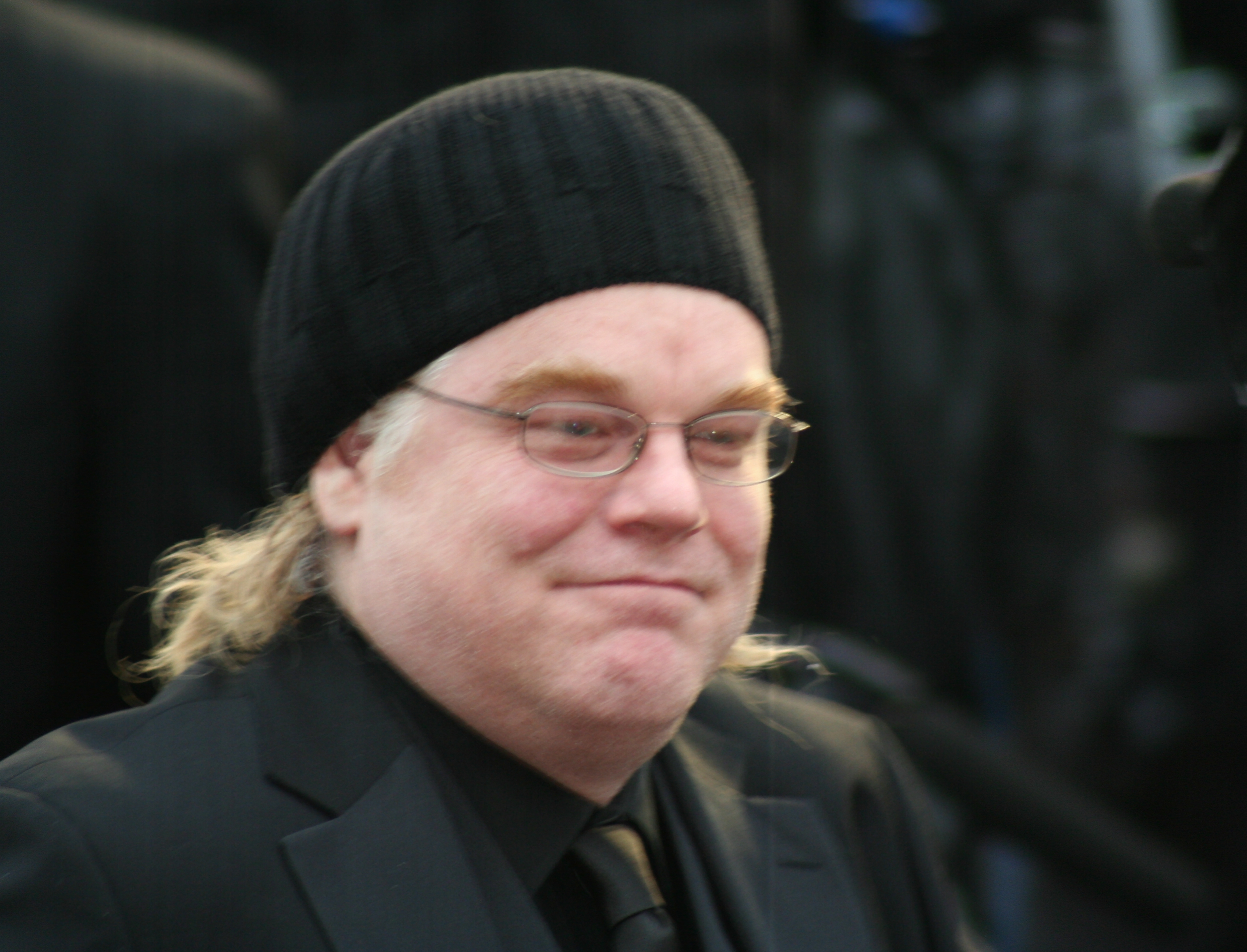
(photo by Rachel Jackson, Creative Commons license)
Two theaters in our area are showing the Oscar-nominated short films this year, and last night I watched the five documentary short nominees, ranging from 20 to 40 minutes long and in total almost three hours’ worth of powerful—and pretty depressing—filmmaking. The nominees are:
- Crisis Hotline: Veterans Press 1 – A timelier topic is hard to imagine. It’s the story of a crisis hotline in Canandaigua, New York, which receives some 22,000 calls a month from struggling veterans (trailer). These hotline workers are invisible front-line heroes in the battle against suicide, one that a U.S. veteran, somewhere, loses every 80 minutes. An HBO film by award-winning Ellen Goosenberg Kent and Dana Perry, it is my pick for the Oscar.[YES!! The Winner]
- Joanna – a Polish documentary (trailer) by Aneta Kopacz, nominated for innumerable awards. The film tells the story of Joanna Sałyga, who used her diagnosis of terminal cancer to inspire a blog about her daily life, to leave her son something of her after she’s gone. The blog became popular, and perhaps people familiar with it gained more from the snippets of insight in the subtitles than I did. Bottom line: well-intended, but over-long, with a muddled story arc, because it was not chronological, so the viewer cannot tell whether and how her views develop.
- Our Curse – another Polish film, this one by film student Tomasz Śliwiński and Maciej Slesicki, about how Śliwiński and his wife came to terms with the life-threatening medical condition of their infant son, who must wear a respirator at night to be sure he continues breathing. (He has a rare, lifelong genetic disease called Ondine’s Curse.) Bottom line: At least there’s a tiny story arc, with the parents progressing from anxiety, guilt, and fear to some measure of happiness with their baby, but again, chronological presentation would make more sense to viewers.
- The Reaper (La Parka), by Nicaraguan filmmaker Gabriel Serra Arguello (not the current horror movie directed by Wen-Han Shih), is based on interviews with Efraín Jiménez García, who has worked in a Mexico City slaughterhouse for a quarter-century. The story, in the filmmaker’s words is about “the way (García) connects with death.” And he does connect with it, killing approximately 500 bulls a day, six days a week, for 25 years. Bottom line: A good argument for vegetarianism
- White Earth – by J. Christian Jensen (see it here) documents the conditions for workers and their families drawn to North Dakota’s oil boom, as seen through the “unexpected eyes” and differing perspectives of three children and an immigrant mother: The American Dream, c. 2014. In a word: bleak. North Dakota oil fields at night make for some eerie scenery.
Sunday morning: the dramatic shorts!











 The other four nominees (and all the documentaries) were pretty depressing. True, Curfew opens with a young man (filmmaker Shawn Christensen) sitting in a bathtub full of bloodied water, and he’s holding a razor blade. Damage has been done. Still somehow there’s a sense of incipient redemption, because when his sister phones in desperation (“you’re last on my list”) and asks him to babysit her nine-year-old daughter for a few hours, you know he’ll say “OK.” After he cleans himself up.
The other four nominees (and all the documentaries) were pretty depressing. True, Curfew opens with a young man (filmmaker Shawn Christensen) sitting in a bathtub full of bloodied water, and he’s holding a razor blade. Damage has been done. Still somehow there’s a sense of incipient redemption, because when his sister phones in desperation (“you’re last on my list”) and asks him to babysit her nine-year-old daughter for a few hours, you know he’ll say “OK.” After he cleans himself up.
 The fourth movie was about an aging gentleman, a concert pianist, facing a confusing mélange of past and present, real and unreal, as he searches for his wife. Well done, if a little too predictable and a lot too like Amour, so a no-go for this year in such a
The fourth movie was about an aging gentleman, a concert pianist, facing a confusing mélange of past and present, real and unreal, as he searches for his wife. Well done, if a little too predictable and a lot too like Amour, so a no-go for this year in such a  A real treat this weekend, viewing all the Oscar-nominated short films in the documentary and live action categories! The treat part was seeing such remarkable filmmaking, though the subject matter of the documentaries, described here, was, well, let’s just say, “tears were shed.”
A real treat this weekend, viewing all the Oscar-nominated short films in the documentary and live action categories! The treat part was seeing such remarkable filmmaking, though the subject matter of the documentaries, described here, was, well, let’s just say, “tears were shed.”